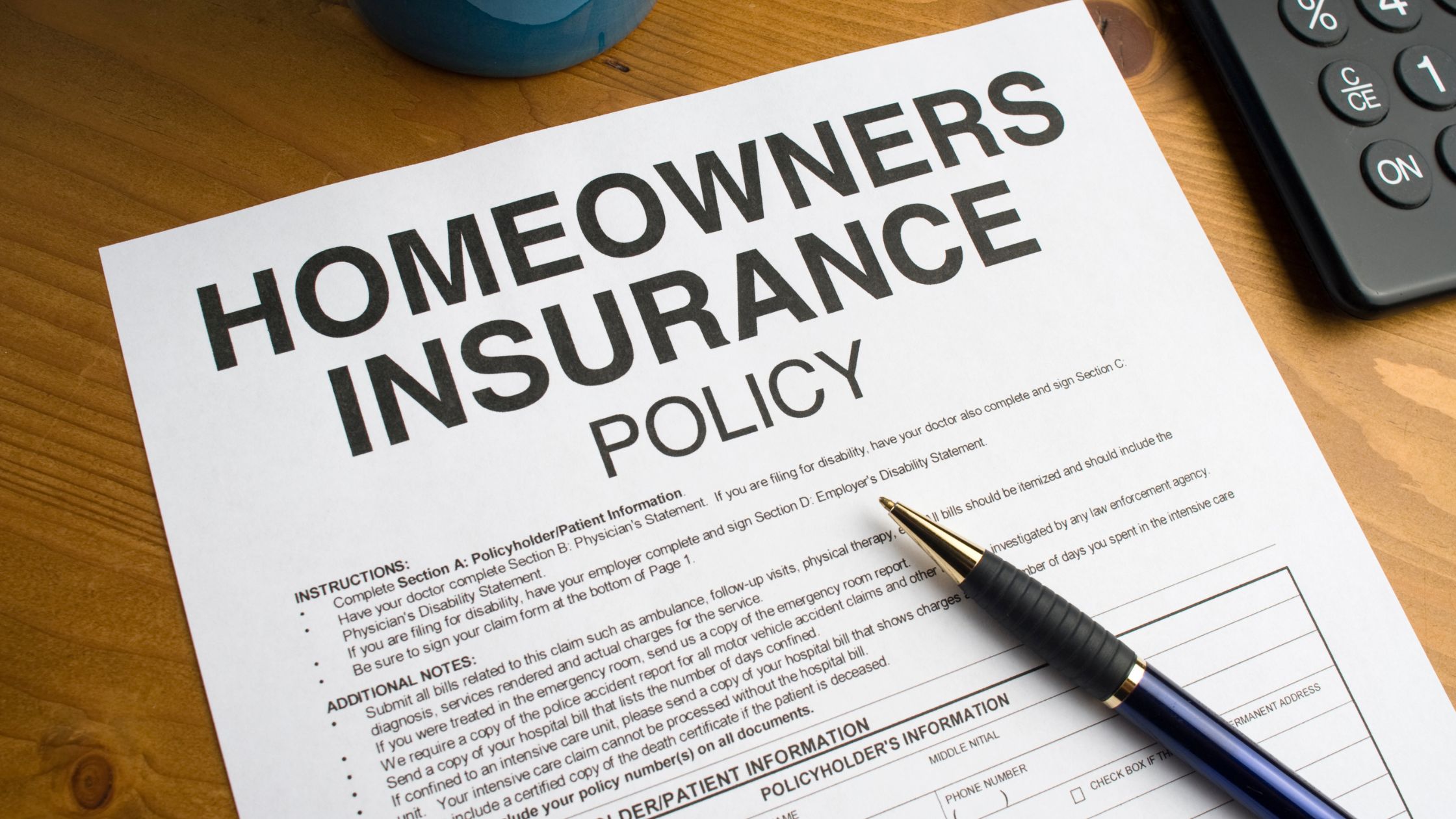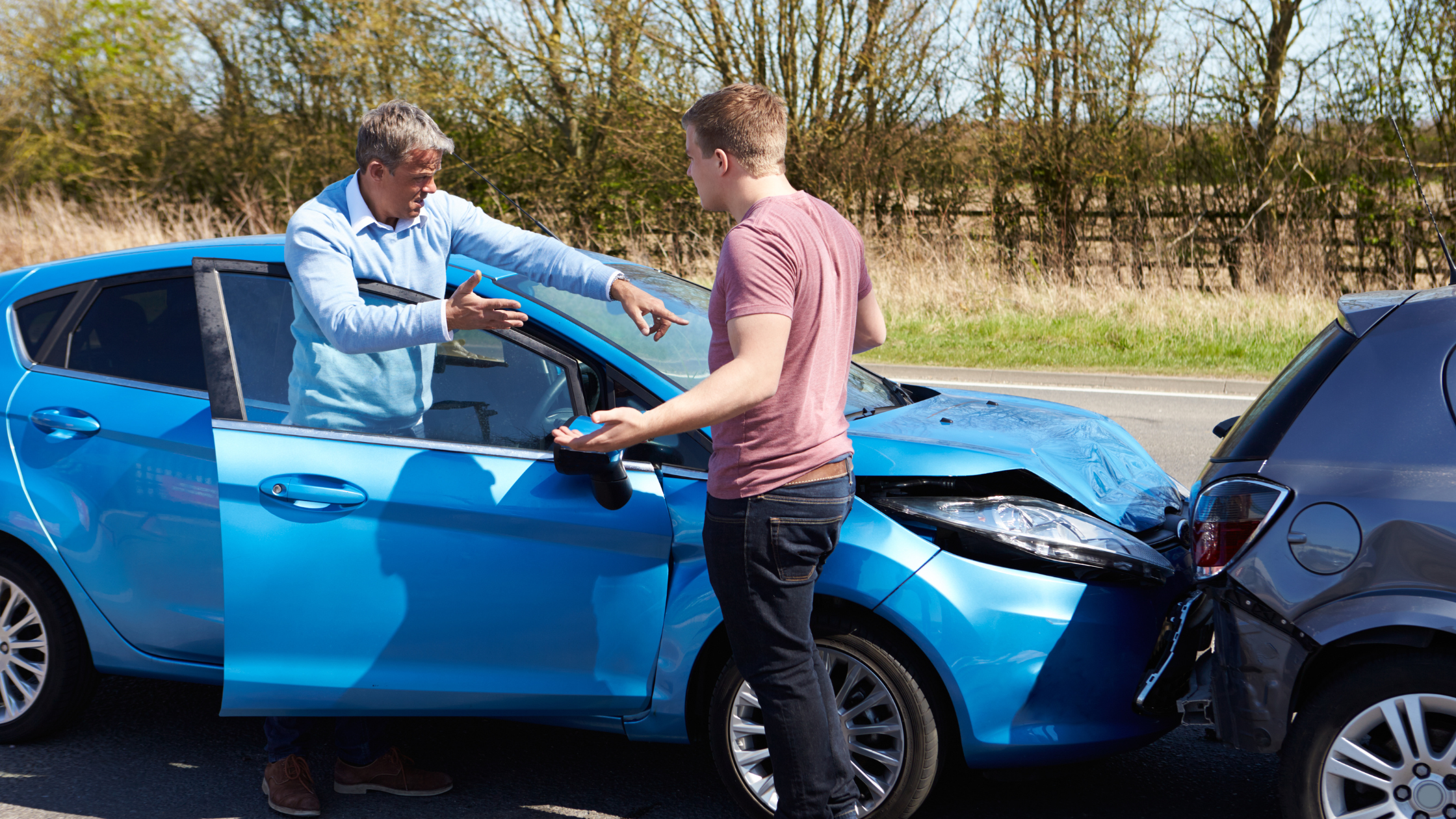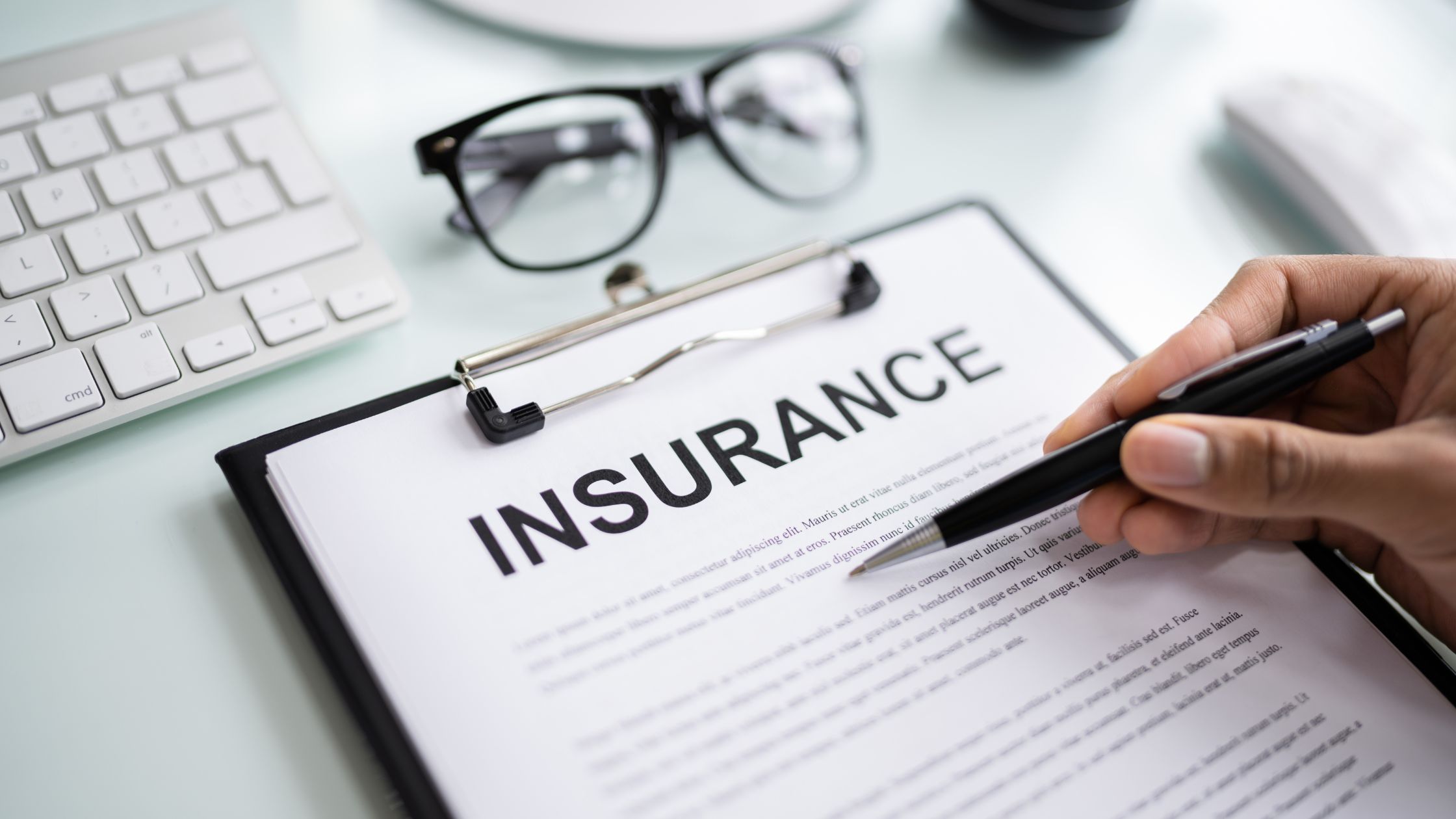Introduction:
Accidents can be stressful, especially when they are not your fault. Many people wonder whether they should report the accident to their insurance company if they are not at fault. This article explains why it’s important to report all accidents to your insurance, even if you are not to blame, and the steps to take after an accident.
Why Report the Accident to Your Insurance?
1. Protect Your Rights
Reporting the accident to your insurance company helps protect your rights. Even if the accident is not your fault, informing your insurer ensures that they are aware of the incident and can assist you in dealing with any claims or disputes that may arise.
2. Ensure Proper Coverage
Your insurance policy may have specific requirements for reporting accidents. Failing to report an accident could result in denying coverage for any damages or injuries you sustained, leaving you responsible for the costs.
3. Facilitate the Claims Process
By reporting the accident to your insurance company, you allow them to coordinate with the at-fault driver’s insurer. This can expedite the claims process, ensuring you receive compensation for damages and injuries more quickly.
4. Provide Accurate Information
Accurate and timely reporting helps your insurance company gather the necessary Information to support your claim. This includes details about the accident, the other driver, and any witnesses, which can be crucial for disputes about fault or damages.
5. Avoid Penalties
Some insurance policies require you to report all accidents, regardless of fault. Please do so to avoid penalties, including increased premiums or even policy cancellation.
Steps to Take After an Accident
1. Ensure Safety
The priority after an accident is to ensure everyone’s Safety. Check for injuries and, if necessary, call emergency services. If possible, move vehicles to a safe location to avoid further accidents.
2. Gather Information
Collect the following Information at the scene of the accident:
- Names and contact details of all drivers and passengers involved.
- Insurance information of the other driver(s).
- License plate numbers and vehicle descriptions.
- Contact information for any witnesses.
- Photos of the accident scene, vehicle damage, and any visible injuries.
3. Contact the Police
In many cases, it’s important to contact the police and file a report, especially if there are injuries or significant property damage. A police report provides an official record of the accident, which can be valuable when filing an insurance claim.
4. Notify Your Insurance Company
Contact your insurance company as soon as possible to report the accident. Please provide them with all the gathered Information and be honest about what happened. Your insurer will guide you through the next steps and help you understand your coverage.
5. Seek Medical Attention
Even if you feel fine, seeking medical attention after an accident is essential. Some injuries may not be immediately apparent but can cause long-term health issues. A medical report also provides documentation of any injuries related to the accident.
6. Keep Records
Maintain detailed records of all communications and documents related to the accident and your claim. This includes repair estimates, medical bills, and correspondence with your insurance company and the other driver’s insurer.
Benefits of Reporting the Accident
1. Faster Repairs
Reporting the accident promptly can lead to quicker repairs for your vehicle. Your insurance company can help arrange repairs and may even cover the costs initially while they seek reimbursement from the at-fault driver’s insurer.
2. Medical Expense Coverage
Your insurance may cover medical expenses related to the accident, even if you are not at fault. This can be particularly important if the other driver’s insurance needs to respond or dispute the claim.
3. Legal Protection
If the at-fault driver disputes their responsibility or has complications in the claims process, involving your insurance company can provide legal protection. Your insurer can help navigate these issues and represent your interests.
4. Peace of Mind
Knowing that your insurance company handles the situation can provide peace of mind during a stressful time. They can manage the claims process, coordinate with the other driver’s insurer, and treat you fairly.
Conclusion: Reporting an accident to your insurance company, even if it wasn’t your fault, is a crucial step in protecting your rights, ensuring proper coverage, and facilitating the claims process. By promptly notifying your insurer, you can benefit from their assistance in handling repairs, medical expenses, and potential legal issues. Always follow the necessary steps after an accident to gather Information, contact the police, and seek medical attention to support your claim effectively.
FAQs (Frequently Asked Questions) About Reporting Accidents to Insurance:
Q1: Will my insurance rates increase if I report an accident that wasn’t my fault?
- Generally, your insurance rates should not increase if the accident was not your fault. However, this can vary by insurer and policy. It’s best to discuss your specific situation with your insurance agent.
Q2: What Information should I provide my insurance company when reporting an accident?
- Please provide your insurance company with all relevant details, including the names and contact information of all parties involved, the other driver’s insurance information, photos of the scene, and a police report, if available.
Q3: What if the other driver doesn’t have insurance?
- If the at-fault driver is uninsured or underinsured, your insurance policy may offer coverage options, such as uninsured motorist coverage, to help cover your damages and medical expenses.
Q4: Do I need to report minor accidents to my insurance company?
- Yes, it’s generally a good idea to report all accidents to your insurance company, even minor ones. This ensures you are protected and your insurer has all necessary Information if any issues arise later.
Q5: Can I handle the accident directly with the other driver without involving insurance companies?
- While it might be tempting to handle the accident privately, it’s not advisable. Without involving insurance companies, you risk complications if the other driver changes their story, disputes the claim, or fails to pay for damages.
Q6: What if I discover injuries or damages later after the accident?
- Reporting the accident promptly ensures that your insurance covers any injuries or damages discovered later. Delaying the report can complicate the claims process and may result in denial of coverage.
Q7: How long must I report an accident to my insurance company?
- Most insurance policies require reporting accidents within a specific timeframe, often within 24 to 72 hours. Check your policy details and report the accident immediately to avoid issues.
Q8: Will my insurance company help me if the other driver’s insurer disputes the claim?
- Yes, your insurance company can assist in dealing with disputes. They can work with the other driver’s insurer on your behalf and provide legal support if necessary.
Q9: What if the at-fault driver offers to pay out of pocket for damages?
- While the at-fault driver may offer to pay out of pocket, going through insurance is safer. This ensures that all damages and injuries are properly documented and covered, protecting you from potential disputes or non-payment.
Q10: Can I change my insurance company after reporting an accident?
- Yes, you can change your insurance company after reporting an accident, but it’s important to disclose any recent claims when applying for a new policy. Failing to do so can result in denial of coverage or cancellation of the new policy.
For more detailed Information, visit the original article on Reiner, Slaughter & Frankel’s website.










